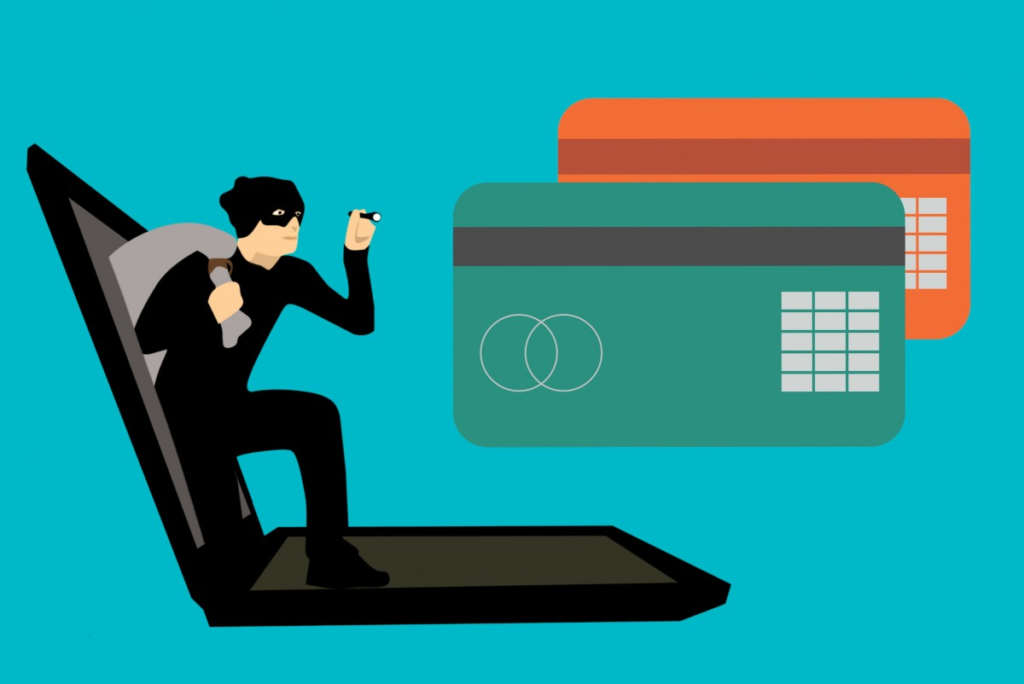How to combat new internet fraud techniques?
Learn effective strategies to protect yourself from the latest internet fraud techniques. Stay informed and safeguard your personal!
Learn how to combat new internet fraud techniques

The internet is an incredible place. It connects us with friends, helps us shop from the comfort of our homes, and gives us access to an endless supply of entertainment. But let’s be real, it’s also a breeding ground for fraudsters who are constantly inventing new ways to scam people.
Every time we think we’ve got them figured out, they come up with something sneakier. So, how do we stay one step ahead? Let’s talk about some of the latest internet fraud techniques and, more importantly, how you can protect yourself.
Phishing 2.0: More Sophisticated Than Ever
One of the biggest tricks in the scammer’s book right now is phishing—but not the old-school kind where you get an email from a “Nigerian prince.” No, these scams have gotten way more sophisticated.
Today, scammers send emails or texts that look exactly like they’re from your bank, PayPal, or even Amazon. The message usually says something urgent, like a suspicious login attempt or a payment issue—and asks you to click on a link.
That link takes you to a website that looks just like the real one, but the second you enter your login info, it goes straight into the scammer’s hands.
How to protect yourself:
- Always double-check the sender’s email address;
- If something feels off, don’t click the link. Instead, go directly to the official website by typing the URL yourself;
- Enable two-factor authentication (2FA) on all your important accounts.
Social Media Scams: Too Good to Be True?
You’ve probably seen those posts promising huge giveaways from big brands like Apple or Nike. They usually ask you to click a link, fill out a form, or even send a small payment to “claim” your prize.
Spoiler alert: There is no prize. Once scammers have your personal info, they can use it for identity theft or sell it on the dark web.
Stay safe by:
- Verifying contests directly on the official website of the brand;
- Avoiding links or forms that ask for unnecessary personal details.
Deepfake Fraud: When AI Gets Dangerous
A more recent (and terrifying) scam is deepfake fraud. Scammers use AI to create hyper-realistic videos and voice recordings, impersonating celebrities, politicians, and even people you know.
Imagine getting a video call from someone who looks and sounds just like your boss, asking you to transfer company funds to a new account. It seems real, right? But it’s all fake.
E-Commerce Fraud: Fake Stores, Real Nightmares
Have you ever found an online store selling high-end products at ridiculously low prices? Maybe you saw a designer bag for $50 or the latest gaming console for half its retail price. If so, you might have stumbled upon a scam website.
These sites look professional and often have fake reviews, but once you enter your payment details, the product never arrives—or worse, your credit card information gets stolen.
How to avoid it:
- Check reviews on trusted platforms like the Better Business Bureau (BBB);
- Use Google’s Safe Browsing tool to see if the site has been flagged as unsafe.
Keep Your Software and Devices Updated
Those pesky software updates that pop up on your phone or computer? They’re not just there to annoy you.
They often contain security patches that protect against the latest cyber threats.
Hackers exploit outdated software to gain access to your personal data, so keeping everything updated is a simple but powerful defense.
Password Managers: Your Secret Weapon
Most people use the same weak passwords across multiple sites, which makes a hacker’s job way too easy.
A password manager generates and stores strong, unique passwords for each site, so you don’t have to remember them all.
Report Suspicious Activity
If you ever suspect that you’ve been targeted by a scam, report it. Websites like the Federal Trade Commission’s (FTC) official fraud reporting page allow you to report scams and help authorities take action against fraudsters. The more people report, the harder it becomes for scammers to operate.
Final Thoughts: Stay Sharp, Stay Safe
At the end of the day, staying safe online is about being skeptical and staying informed. Scammers are getting smarter, but so are we.
By double-checking emails, using strong passwords, verifying online purchases, and keeping our software updated, we can keep these fraudsters at bay.
Stay sharp, trust your instincts, and when in doubt, pause, think, and verify before clicking anything.





